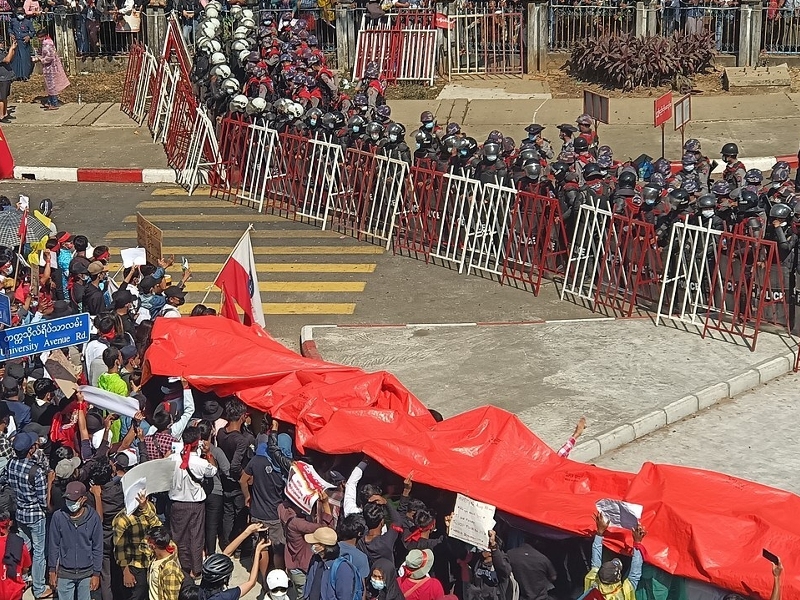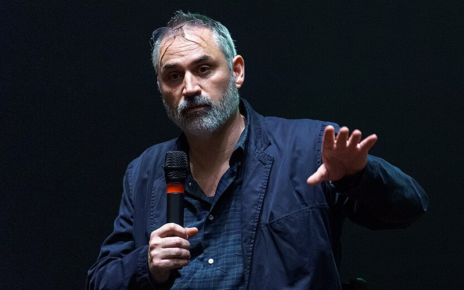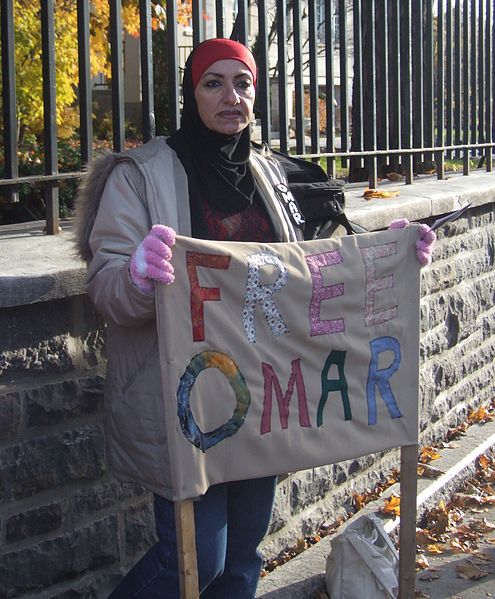The country of Myanmar is a failing state, where a civil war is raging on between the military and pro-democratic resistance groups. In February 2021, the military succeeded in staging a coup that overthrew the National Unity Government (NUD), which was led by the elected president, Aung San Suu Kyi. Since then, the NUD has declared war on the junta and formed an armed division consisting of 65,000 troops known as the People’s Defense Force. But because of the country’s many ethnic groups, three other ethnic armies have been formed – the Kokang MNDAA, the Ta’ang TNLA, and the Arakan Army – which have formed themselves into the Brotherhood Alliance. These three have been at war with the military since the coup, but always over their territorial interests, not in support of the NUG. Moreover, the opposition Kachin Independence Organization (KIO) is also in a clash with the military. All these ethnic armies are fighting against the usurper regime’s army, but they are not fighting seamlessly as one to reach the end goal of restoring democracy, justice, and rights for the state and these ethnic groups.
The civil war has caused nearly 5000 deaths and has displaced 1.9 million people internally. The military has destroyed up to 30,000 civilian infrastructures, including schools. With every institution and organization at war, nobody is properly governing the state, and that is resulting in state failure, which is causing food shortages, leading to about 12 million people facing food insecurity. The economy has shrunk by nearly 30% since the coup, and the military has incarcerated around 20,000 political prisoners.
But the suffering doesn’t stop there; in Rohingya, an area where 1 million Muslims are persecuted and facing discrimination, about 600,000 Rohingya are effectively restricted to living in Rakhine State, and about 135,000 Rohingya and Kaman Muslims have been held arbitrarily and indefinitely in detention camps for ten years. The Bangladeshi government has forcibly relocated more than 18,000 Rohingya refugees in Basan Char, which has become the world’s largest refugee camp. It is home to more than 600,000 Rohingya Muslim refugees, and it is becoming an actual city.
The Arakan Rohingya Salvation Army continues to fight the military in Rakhine state, but little progress is being made. The people of Rohingya are facing a dilemma of either joining the Arakan army and fighting for their lives or becoming refugees in Bangladesh. The Rohingya crisis is one of the biggest humanitarian crises facing the international community today, and the supply of humanitarian assistance in that area is insufficient. The international community needs to take stricter measures against the Myanmar junta to help Rohingya Muslims live normal lives.
The civil war has divided the control of cities between the ethnic armies and the junta. Three ethnic armies in Shan State, supported by other armed groups, oppose the government. The strongest ethnic army is the Wa, carrying weapons and around 20,000 troops backed by China. The Brotherhood Alliance has progressed in making entire army units surrender without a fight. It says it has taken over 100 military posts and four towns, including the border crossing at Chin Shwe Haw and Hsenwi, which connects the road to Muse, the primary access to China. Furthermore, the entire Palewa region has been successfully controlled and seized by the Rakhine Army.
However, the military still controls most of the country and the government. Until now, all these ethnic armies have shared the same goal of ending military rule; it would be more chaotic if those ethnic armies started to turn against each other, so cooperation between the leaders of those ethnic groups is needed for them to set up strategies on how to end military rule and govern after it. The divided control of the cities could lead to more significant asymmetric conflicts, and the growing ethno-nationalistic identification of the population could lead to a refusal to restore a multiethnic state. That would result in a completely failed state, even though the end goal of those ethnic groups is to reinstall a democratic regime.
China, a key mediator in the war, reached an agreement with the ethnic groups, the military, and resistance movements in early January 2024 for a temporary ceasefire, but the last time there was a ceasefire was in July. It ended quickly, and the war resumed. So, conclusive agreements should be sought in order for the ceasefire to endure.
To stop this humanitarian crisis and avert a more severe civil war, inclusive dialogues and cooperation between the ethnic groups, the military, and resistance movements are crucial. China, the key mediator, should develop political incentives to encourage alliances between ethnic groups by possibly creating a federal Myanmar state where all these ethnic groups govern their provinces democratically under a federalized Myanmar government. Moreover, superpowers like China and the United States should cooperate in pressuring the junta to reinstall democracy.
Practical first steps in mitigating the humanitarian catastrophe should include the UN increasing humanitarian aid, such as money and food for displaced people, to ease their suffering in the short term. Furthermore, developed countries, including Canada, should work together in receiving more Rohingya refugees, easing pressure on Bangladesh. Finally, banks and other international actors should stop funding the junta, an illegitimate government. However, the international community should also be prepared that if the junta topples and the war stops, the ethnic divisions of the country could mutate into another civil war. For this reason, the international community should work to provide access to education for the ethnic communities of Myanmar and the displaced Rohingya, both geared towards modern economic skill development, but also civic education. This has been modeled elsewhere, including in the former Yugoslavia. Ultimately, when the war is over, Myanmar’s communities could live together in relative harmony while governed under democratic and developing institutions if they have skills to nurture economic and democratic betterment and an awareness of how multicultural tolerance can foster national cohesion despite religious and ethnic differences.
Photo: Protesters rally against the military coup in Yangon, Myanmar, Feb. 9, 2021. Public domain, via Wikimedia Commons
Disclaimer: Any views or opinions expressed in articles are solely those of the author and do not necessarily represent the views of the NATO Association of Canada.




